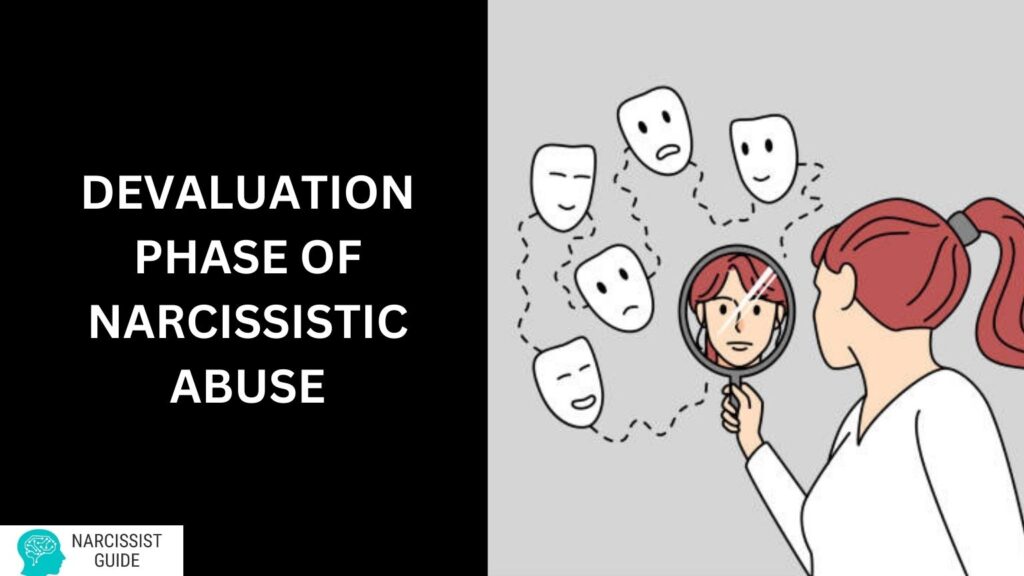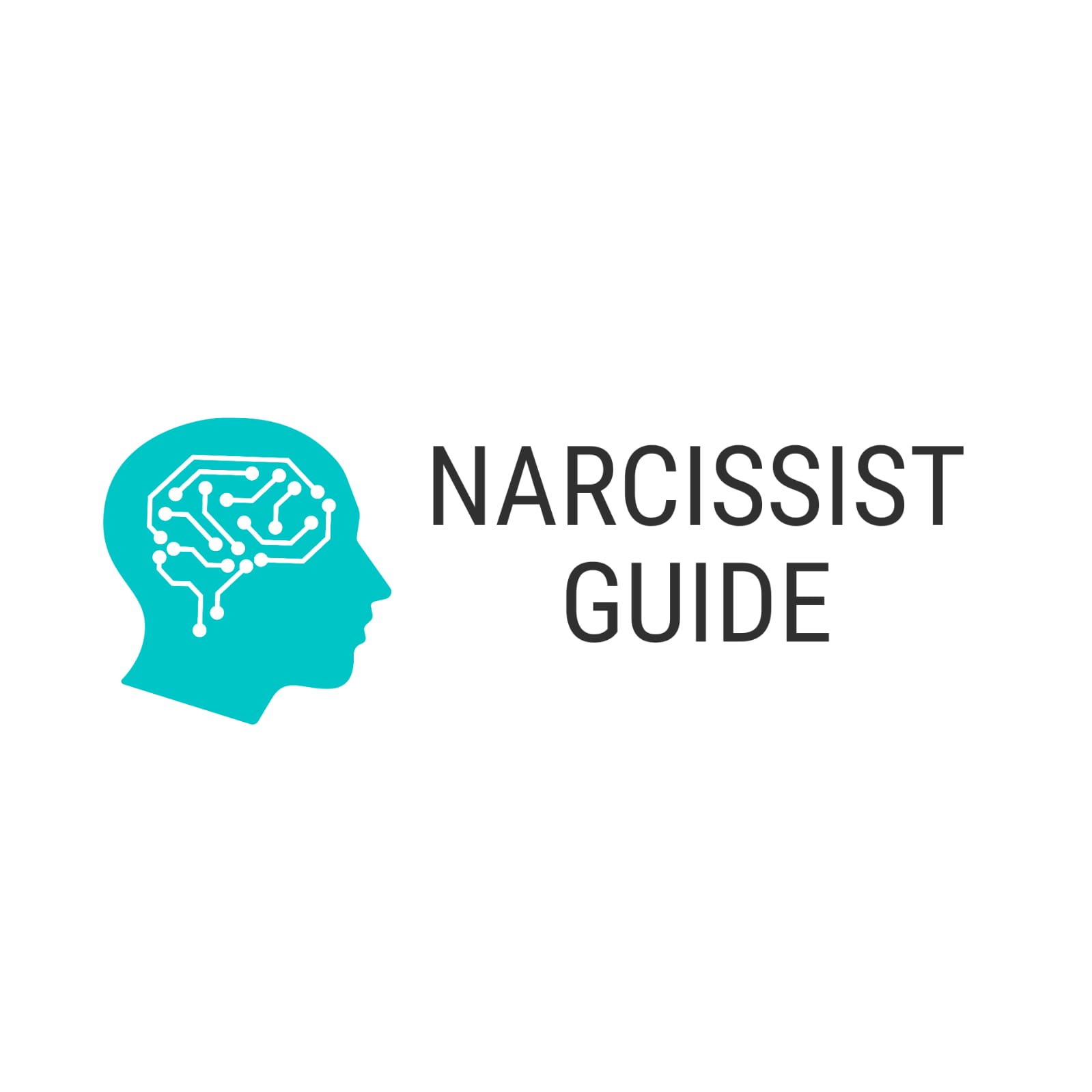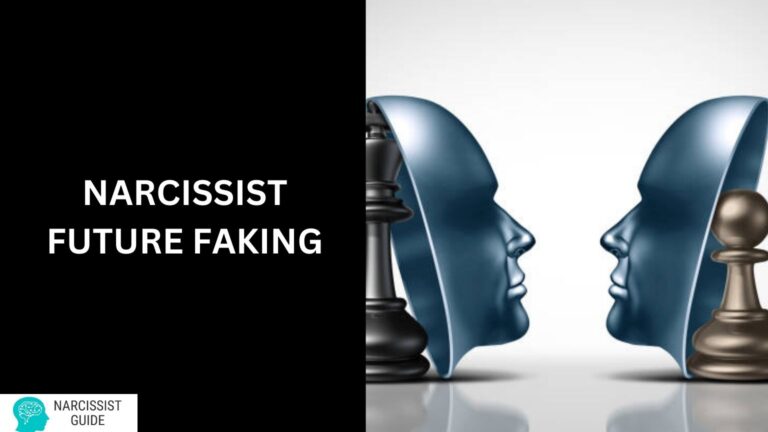Devaluation Phase of Narcissistic Abuse
The devaluation phase of narcissistic abuse is one of the most confusing and emotionally draining parts of being involved with a narcissist.
In this phase, the once idealized partner becomes the target of the narcissist’s criticism, manipulation, and emotional neglect.
Understanding this phase is crucial for anyone experiencing narcissistic abuse, as it helps to identify the patterns and regain control over their lives.
In this article, we’ll break down what the devaluation phase is, how to recognize it, and how to protect yourself from its toxic effects.

What is the Devaluation Phase of Narcissistic Abuse?
The devaluation phase is a period during which the narcissist starts to criticize, belittle, and emotionally manipulate their partner.
It follows the idealization phase, where the narcissist showered their victim with affection and attention. The sudden shift can be shocking and disorienting.
The Cycle of Narcissistic Abuse: Idealization to Devaluation
Narcissistic abuse often follows a cyclical pattern:
- Idealization – The narcissist puts their partner on a pedestal, making them feel special and loved.
- Devaluation – The narcissist begins to criticize and manipulate the partner, turning them into a source of frustration.
- Discard – Eventually, the narcissist may discard the partner when they no longer serve their needs.
This cycle often repeats, creating emotional confusion and dependence in the victim.
Signs You Are in the Devaluation Phase
Recognizing the devaluation phase is key to breaking free from narcissistic abuse. Below are some common signs to look for:
1. Increased Criticism and Insults
During the devaluation phase, the narcissist may start criticizing you over small things. They might insult your appearance, intelligence, or choices, making you feel unworthy and insecure.
2. Emotional Manipulation
The narcissist may use guilt, shame, or fear to manipulate your emotions. They may make you feel responsible for their unhappiness or accuse you of things that aren’t your fault.
3. Gaslighting and Blame-Shifting
Gaslighting is a form of psychological manipulation where the narcissist tries to make you question your own reality. They might deny things they said or did, leaving you second-guessing yourself and doubting your sanity.
4. Withdrawal of Affection
Where once you were showered with love and attention, now the narcissist becomes emotionally distant.
They may stop showing affection or even start giving you the “silent treatment,” making you feel isolated and rejected.
5. Disrespect and Contempt
The narcissist begins to show clear signs of disrespect towards you. This may include belittling comments, condescending behavior, or outright contempt for your feelings or needs.
How to Cope with the Devaluation Phase
Being in the devaluation phase is emotionally exhausting, but it’s essential to protect your mental health. Here are some strategies for coping with narcissistic abuse during this phase:
1. Set Boundaries
One of the most important steps in protecting yourself is to set firm boundaries. Narcissists often try to push your limits, so it’s crucial to stand your ground and not allow them to cross your boundaries.
2. Seek Support
Talk to trusted friends, family, or a therapist. Having an outside perspective can help you regain clarity and avoid being manipulated by the narcissist’s tactics.
3. Focus on Self-Care
Taking care of your emotional and physical health is vital. Engage in activities that bring you joy and relaxation. Prioritize your well-being and remind yourself that you deserve to be treated with kindness and respect.
4. Educate Yourself About Narcissistic Abuse
Understanding narcissism and the dynamics of narcissistic abuse can empower you to recognize the signs and take steps to protect yourself. Knowledge is power when dealing with a narcissist.
How to Break Free from the Devaluation Phase
If you’re stuck in the devaluation phase, it can feel like an endless cycle of emotional abuse. Breaking free requires strength and commitment to your well-being.
1. Recognize the Need for Change
The first step in breaking free from the devaluation phase is recognizing that the relationship is toxic. Narcissists will not change, and continuing to stay in the relationship will only hurt you more in the long run.
2. Create a Safety Plan
If you decide to leave the relationship, make sure you have a safety plan in place. This might include securing a safe place to stay, ensuring you have financial independence, and seeking professional help if necessary.
3. Cut Contact or Go No Contact
Going no contact is one of the most effective ways to protect yourself from further narcissistic abuse. If you must remain in contact (for instance, if you share children), limit communication to the essentials.
The Aftermath of the Devaluation Phase: Healing and Moving On
Healing from narcissistic abuse takes time, but it’s possible. The emotional scars left by the devaluation phase can be deep, but with the right support, you can regain your self-esteem and sense of self-worth.
1. Allow Yourself to Grieve
Grief is a natural part of healing. Allow yourself to mourn the relationship and the person you thought the narcissist was.
It’s important to give yourself permission to feel the emotions that come with the end of an abusive relationship.
2. Work on Rebuilding Your Self-Worth
The devaluation phase can cause serious damage to your self-esteem. Take steps to rebuild your confidence, such as practicing self-love, affirmations, and reconnecting with your passions.
3. Seek Professional Help
Therapy can be incredibly helpful in healing from narcissistic abuse. A therapist can help you process the trauma and provide guidance on rebuilding your life after the abuse.
People also ask
How long does the devaluation phase last?
The devaluation phase of narcissistic abuse can last anywhere from a few weeks to several months, depending on the individual relationship.
In some cases, it may be brief, while in others, it can continue for much longer.
The phase typically persists until the narcissist no longer finds value in the victim or moves on to a new source of admiration.
How to tell if someone is devaluing you?
You can tell if someone is devaluing you if they consistently criticize, belittle, or dismiss your feelings.
They may manipulate you emotionally, make you feel guilty, or withdraw affection without explanation.
They might also gaslight you, causing you to doubt your reality, or show disrespect and contempt toward you.
If you notice a sudden shift from admiration to negativity, it could be a sign of devaluation.
How does narcissistic abuse change you?
Narcissistic abuse can deeply affect your self-esteem, making you feel insecure, anxious, and unsure of yourself.
It often leads to self-doubt, confusion, and a diminished sense of worth, as the constant manipulation and emotional turmoil erode your confidence.
Over time, you may become more isolated, less trusting of others, and develop difficulty setting boundaries.
Healing from this abuse requires rebuilding your sense of self and learning to trust your feelings and perceptions again.
Conclusion
The devaluation phase of narcissistic abuse is a heartbreaking and confusing time. It’s marked by emotional manipulation, disrespect, and cruelty, but understanding it can help you protect yourself and heal. If you’re in this phase, remember that you deserve better.
Seek support, establish boundaries, and prioritize your well-being as you work to break free from the cycle of abuse.

I’m Dr. James, and I’m glad you’re here. With years of experience in understanding and addressing the complexities of narcissistic behavior, I’ve dedicated my career to helping individuals navigate the challenging dynamics that come with narcissism, whether it’s in personal relationships, workplaces, or family settings.






